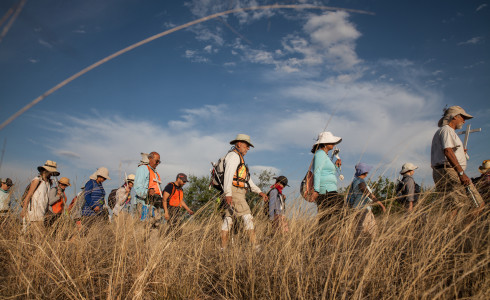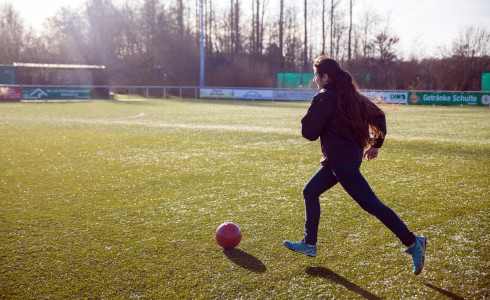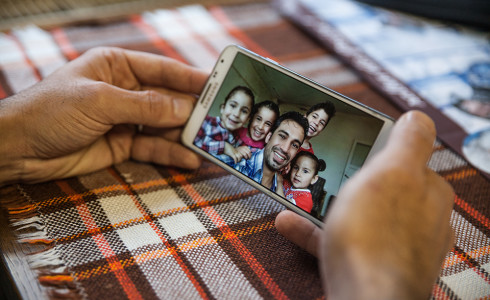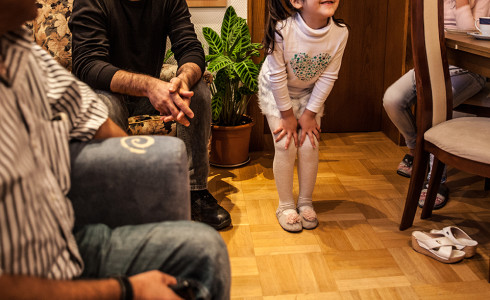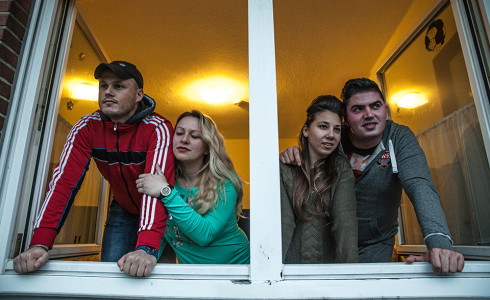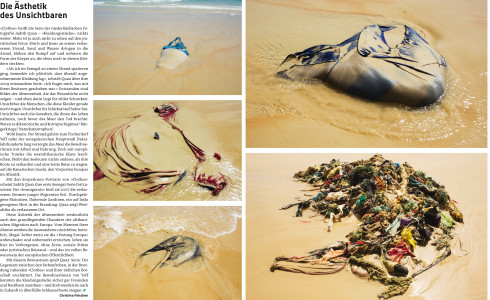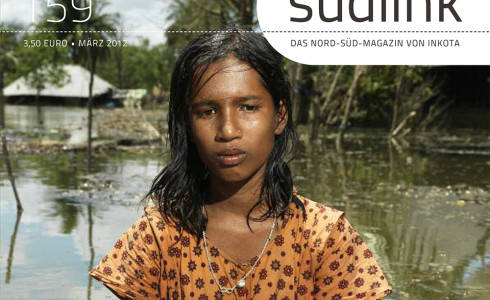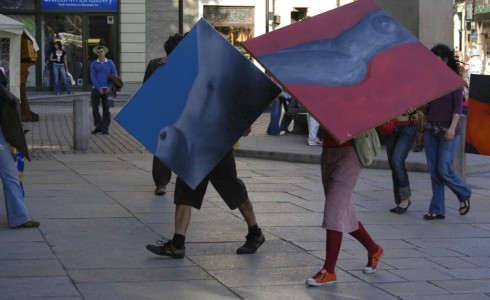Crossing – What if people die in your backyard
broadcasted on German public radio SWR on November 7 and 8, 2016, and again on August 14, 2018 >
Kat Rodriguez has one of the toughest jobs along the U.S.-Mexican border. She helps Central American families find relatives who have disappeared on their journey to the United States. All too often, their bodies are found in the Sonoran Desert behind Kat’s house. On her mission to stop the deaths, Kat crossed the desert on foot with 70 women, men, teenagers, and me. Join us in my radio feature.
